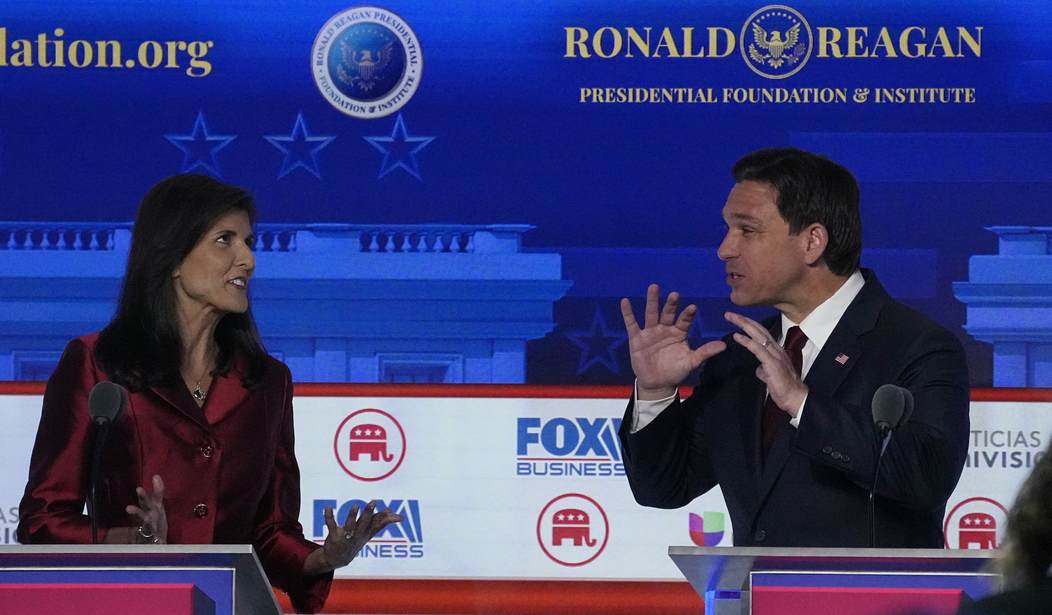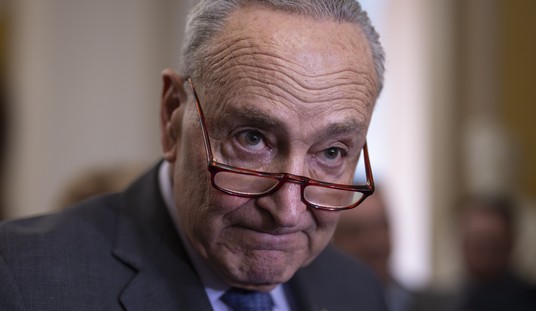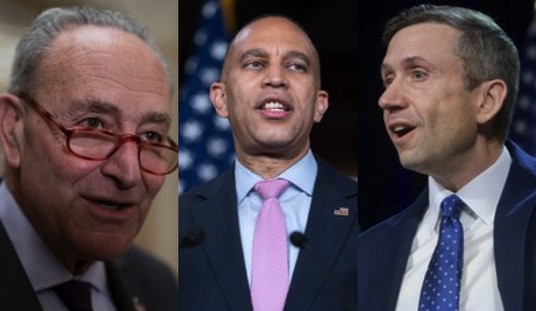At last night's Republican debate in Simi Valley, California, Nikki Haley called attention to the question of ethical resource development. Haley, who’s the former Governor of South Carolina, accused Florida Governor Ron DeSantis of being “anti-fracking,” and even “anti-drilling.”
Let’s be clear: No Republican candidate for president wants to be called anti-oil development, especially when retail gas prices are nearing the $4 mark nationally. Although, for those of us living in California, $4 gas would seem like winning the lottery.
However, is Haley right? Is Ron DeSantis, who just laid out his comprehensive energy plan in Midland, Texas last week, which includes more domestic exploration and drilling, anti-oil? No. Obviously not. So then, what gives? Why did Haley say as much? It’s simple; it’s called gotcha politics.
DeSantis, while running for Governor in Florida in 2018, aligned himself with the opinion of nearly 70 percent of Floridians who were opposed to fracking in sensitive ecosystems in the state, particularly along Florida’s majestic coastline.
Ron DeSantis did not ban fracking. A constitutional amendment was passed by the people of Florida prohibiting offshore drilling, and he executed the will of the people as is his obligation as governor. https://t.co/043v5iEOMl
— Christina Pushaw 🐊 🇺🇸 (@ChristinaPushaw) September 28, 2023
Part of the objective, and no small part, when running for office is to get elected. That objective can be undermined when you take positions that are at odds with 70 percent of your voters. But let's put that aside for a moment.
As a veteran of some of the most contentious oil development debates in the United States over the past 25 years, I would venture that few people have a better understanding of the challenge surrounding the politics of oil than yours truly. As a pro-oil development conservative in Santa Barbara County, which some suggest is the birthplace of the modern environmental movement, please see the 1969 oil spill off the Santa Barbara Channel, navigating the issue of ethical resource development, especially in a state with substantial oil and gas reserves and a muscular environmental lobby, can be tricky.
Reflecting the deeply felt attitude of the body politic as it relates to oil drilling while recognizing your own attitudes about it is no easy task. This is especially true for a political candidate. Indeed, to do it successfully, success being defined as winning elections, requires a level of political agility that not every candidate has.
I’m not suggesting America should be governed by plebiscite or exclusively by referendum. On the other hand, America is a constitutional republic. Our representatives should reflect the values and priorities of the voters. This is vital lest the country finds itself in a situation where its elected representatives insist on sending tens of billions of dollars to foreign countries that the average voter couldn’t locate on a map to wage a proxy war over a territorial dispute that few people care about or support. But that is a column for a different day.
In the current political climate, with retail prices for everything from the clothes we buy, to the cars we drive, to the food we eat rising faster than wages, and where most voters understand the main culprit for the increase in everyday prices is the rising cost of energy, it’s pretty important for a candidate for president to be able to speak to these kitchen table issues. Doing so requires laying out sensible solutions that earn the support of a majority of citizens.
Laying out a domestic energy plan that addresses the issues that people care about is the task of every candidate running in 2024, just as DeSantis did in his speech in Texas. How many of the other candidates on that stage last night have done so?
Moreover, when running to be the chief executive of a state or a country, one of the things you need to do is prioritize and assess the art of possibilities while allowing for the necessary tradeoffs to meet your portfolio of policy objectives. The same goes for energy development.
In a state like Florida, which has some of the most sensitive environmental resources anywhere in the United states, not unlike California, you must balance the need for affordable energy while mitigating the impacts to vulnerable ecosystems.
It would be irresponsible for a Florida governor to ignore the economic reality that the state economy is heavily reliant on coastal tourism. Putting political ideology over economic reality betrays the intent of voters who are expecting sensible and balanced decision making.
America has tremendous oil and gas reserves spread throughout the country from California to Pennsylvania, from Alaska to Texas, and from South Dakota to Oklahoma. America, as DeSantis has promised, can be energy dominant. And it can be so without placing our most pristine, sensitive marine ecosystems at risk. The American people do not want that type of misguided leadership.
Ron DeSantis has shown the ability to walk and chew gum at the same time. In Florida, he's not only managed to balance the state budget, he did so while cutting taxes, paying down the debt, increasing wages to law enforcement and school teachers, and investing in and protecting Florida’s valuable environmental resources.
And that is why today, Florida is the fastest growing economy in the country and why literally hundreds of thousands of people are voting with their feet by moving from states such as California to pursue the American dream in Florida.
So, no, Ron DeSantis isn't anti-oil drilling. He is pro-energy, but he’s also pro-conservation and pro-environment. If America were to elect him president, America would have the closest thing we’ve had to another Teddy Roosevelt since, well, Teddy Roosevelt.














Join the conversation as a VIP Member